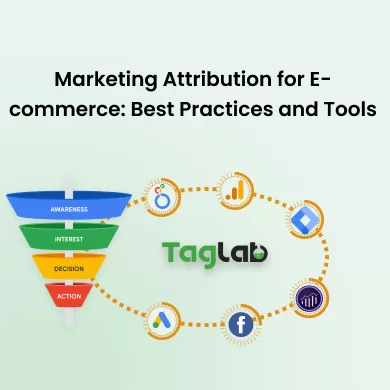Your cart is currently empty!
Content Management
Posted by:
|
On:
|
Content Management refers to the process of creating, organizing, storing, and distributing content across various platforms and channels. It encompasses the entire lifecycle of content, from initial creation to publication and ongoing maintenance. Effective content management ensures that content is easily accessible, up-to-date, and aligned with business objectives.
Detailed Explanation
Content Management involves several key activities, including content planning, creation, review, approval, and distribution. It typically involves using Content Management Systems (CMS) to streamline these processes. A CMS helps in organizing and managing content, allowing for easy updates, version control, and collaboration among team members. Content management is essential for maintaining consistency, improving user experience, and achieving marketing goals.
Key Points
- What it is: Content Management is the process of creating, organizing, storing, and distributing content across various platforms and channels.
- Why it matters: It ensures content is accessible, up-to-date, and aligned with business objectives, improving consistency and user experience.
- How it works: Through a Content Management System (CMS), organizations manage the entire content lifecycle, including creation, review, approval, and distribution.
Examples
- Example 1: A company uses a CMS to manage their website content, including blog posts, product pages, and landing pages, ensuring all content is updated and consistent.
- Example 2: An e-commerce business implements a content management strategy to handle product descriptions, customer reviews, and promotional content, integrating it with their online store platform.
- Example 3: A marketing team uses a CMS to schedule and publish social media posts, manage email campaigns, and track content performance across various channels.
Related Terms
- Content Management System (CMS)
- Content Strategy
- Content Creation
- Content Distribution
- Content Lifecycle
Frequently Asked Questions
What is Content Management?
Content Management is the process of creating, organizing, storing, and distributing content across various platforms and channels. It involves managing the entire content lifecycle, from creation to publication and maintenance.
Why is Content Management important?
Content Management is important because it ensures that content is accessible, up-to-date, and aligned with business objectives. It helps maintain consistency, improves user experience, and supports effective content distribution.
What is a Content Management System (CMS)?
A Content Management System (CMS) is a software application used to create, manage, and organize digital content. It allows users to easily update and maintain content, collaborate with team members, and ensure consistency across various platforms.
How does Content Management work?
Content Management works by utilizing a CMS to handle various stages of content creation, including planning, creation, review, approval, and distribution. The CMS provides tools for managing content, tracking changes, and ensuring it meets business objectives.
What are the benefits of effective Content Management?
Effective Content Management provides several benefits, including improved consistency and accuracy of content, streamlined processes for updating and maintaining content, better alignment with business goals, and enhanced user experience across platforms.



